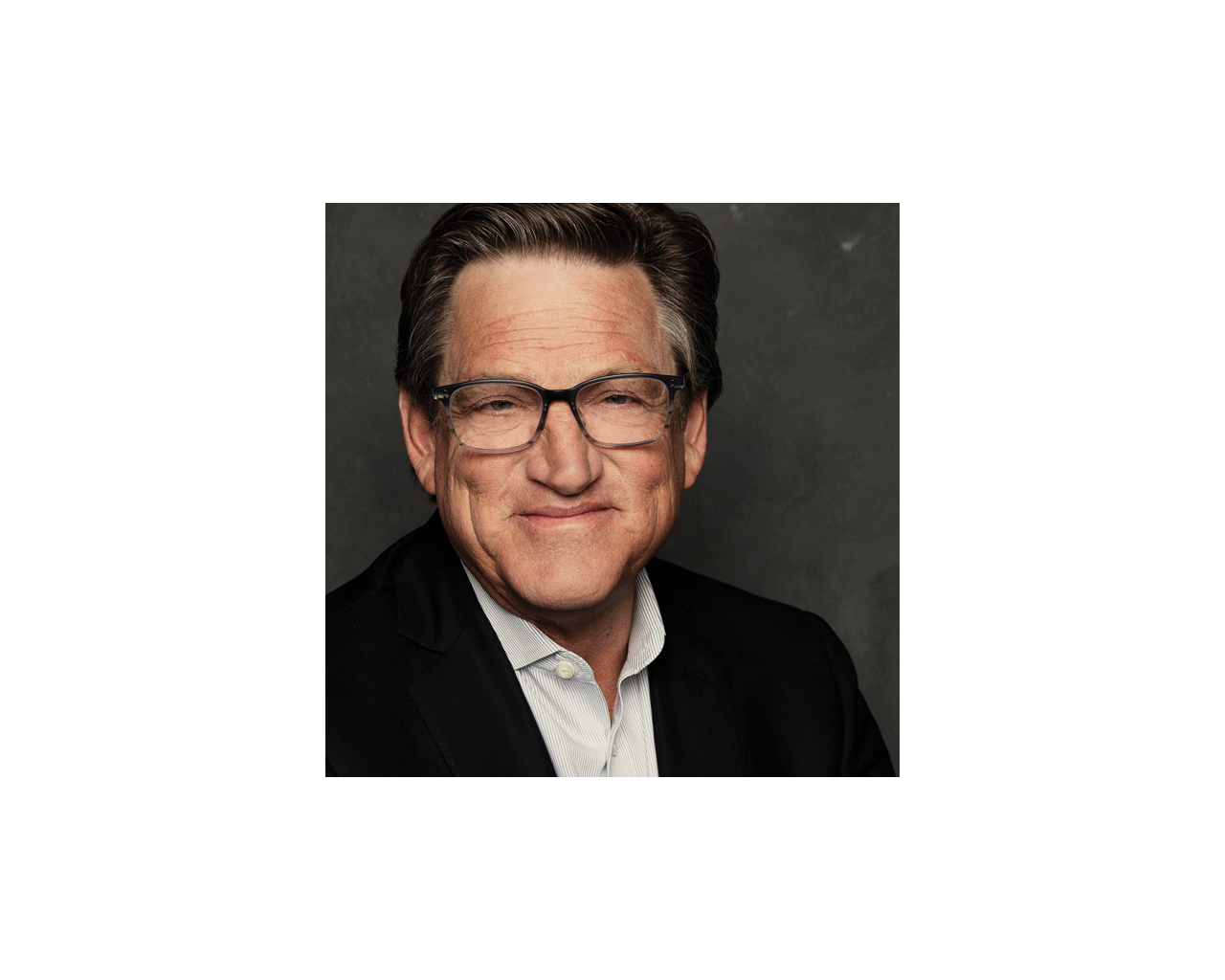Trust in the U.S. health system is at an all-time low, as two recent polls illustrate the public’s declining confidence in the institution.
The majority (66%) of adults in 2022 said they have little or no confidence in the system—up from 20% in 1975, according to the July 2023 Gallup poll Historically Low Faith in U.S. Institutions Continues. The majority (65%) believe the system prioritizes profit over patient care, and only 20% trust healthcare leaders “a great deal” or “a lot,” according to research conducted by communications firm Jarrard that was published in October.
Kaiser Tracking Polls, Pew Research, Commonwealth Fund and Edelman Trust surveys show similar results: The majority of Americans, especially those in lower income, disabled and ethnic minority populations, have a negative view of the system. Though opinions about its accessibility, affordability and effectiveness vary widely, disaffection is widespread and increasingly problematic for physicians, hospitals and other health organizations.
The Unique Challenge of Public Opinion
For the vast majority of Americans, attitudes about the U.S. health system are based on personal experiences often shared with others. They’re based on the hospitals, doctors, prescription drugs and insurance coverage they or family members elect to use. They’re not based on a studied view of the system nor formal education in primary, secondary or higher education. The underlying beliefs on which attitudes about specific health issues are anchored originate from an individual’s socialization (religiosity, family structure, local circumstances, household income) and change slowly. Only a major event or personal experience (such as a loss of insurance coverage, a new diagnosis or a surprise medical bill) prompts consumers to rethink these deeply held core beliefs.
Thus, attitudes about the health system are based on a gestalt assessment of its complexity and personal circumstances in navigating it effectively.
As reported by Gallup in July 2023, confidence and trust in U.S. institutions has declined across the board: All of the 16 institutions it measures have seen decline since 2021, with the U.S. presidency falling 12% (from 38% to 26%) followed by the “medical system,” which lost 10% (from 44% to 34%). Only two institutions, small business (65%) and the military (60%), enjoy majority trust and confidence, while the medical system ranks fourth overall on the list just behind “the police” (43%).
What makes public opinion about the health system unique is its ubiquitous presence on television via advertisements; social media commentary; facilities and clinicians in every community; investigative reports about fraud and bad actors via traditional media; political rhetoric about its performance; and out-of-pocket costs for co-pays, deductibles and what’s not covered. Every individual is directly and frequently exposed to one or more sectors in the system every year or more frequently as a user or payer.
Trust in the U.S. healthcare system is more volatile than any other industry, according to the 2022 Edelman Trust Barometer. The Commonwealth Fund’s report Mirror, Mirror 2021—Reflecting Poorly: Health Care in the U.S. Compared to Other High-Income Countries states the U.S. health system is the least trusted of 11 westernized systems it studied.
The high-profile role the health system occupies in traditional and nontraditional media coverage lends to misinformation and erosion of trust. The pandemic exposed the system’s disconnect between public health, nursing homes and local hospitals and lent to misinformation about the efficacy of its vaccines and the trustworthiness of the Centers for Disease Control and Prevention and government. Notably, institutional trust plummeted.
Implications for Provider Organizations
For medical groups, hospitals, post-acute providers and their support services, erosion of trust in the health system endangers the morale of its workforce and compromises patient outcomes. In fact, studies show a direct correlation between a patient’s confidence in a trusted provider and adherence to evidence-based directives.
At the community level, distrust of the health system is manifest in suboptimal public health outcomes and higher costs. Distrust prompts many to delay treatment or suffer when remedies were available.
Building, maintaining and rebuilding trust requires purposeful investment. Most provider organizations rely on well-orchestrated communications programs and word of mouth, user satisfaction surveys (such as Net Promoter Scores, Hospital Consumer Assessment of Healthcare Providers and Systems) and employee education to build and maintain trust. Notwithstanding whistleblower complaints, egregious medical errors, executive malfeasance and other lapses, trust and confidence for most is manageable.
But in the marketplace today, more attention is needed. New and enhanced investments are essential in four areas:
- Misinformation mitigation: Sustain a heightened vigilance and proactive mitigation of sources of misinformation or disinformation that could be harmful to the organization.
- Data-sharing and transparency: Deliver increased, targeted messaging to trustees, managers, key elected officials and community leaders specific to pain points frequently exploited by critics such as executive compensation, community benefits and pay equity. Note: verifiable data must be provided in an objective context.
- Media relationships: Maintain direct lines of communication with influencers in the media. Responsiveness, objectivity and transparency in meeting their needs is essential to getting fair, accurate and balanced coverage.
- Formal education: The health system is the nation’s biggest employer and 18% of the nation’s economy, yet its navigation is left to people who are ill-equipped to manage its complexity. The nation’s leaders in secondary and higher education should develop curricula to hardwire in its citizens an understanding of the health system and measures of competence in its navigation.
Trust is built through the cumulative good work performed by institutions known for integrity, fairness and purpose. It is destroyed by a single act. The gradual erosion of trust in the U.S. health system is understandable given societal trends and the economic realities of the industry.
Paul H. Keckley, PhD, is managing editor of The Keckley Report (pkeckley@paulkeckley.com).



